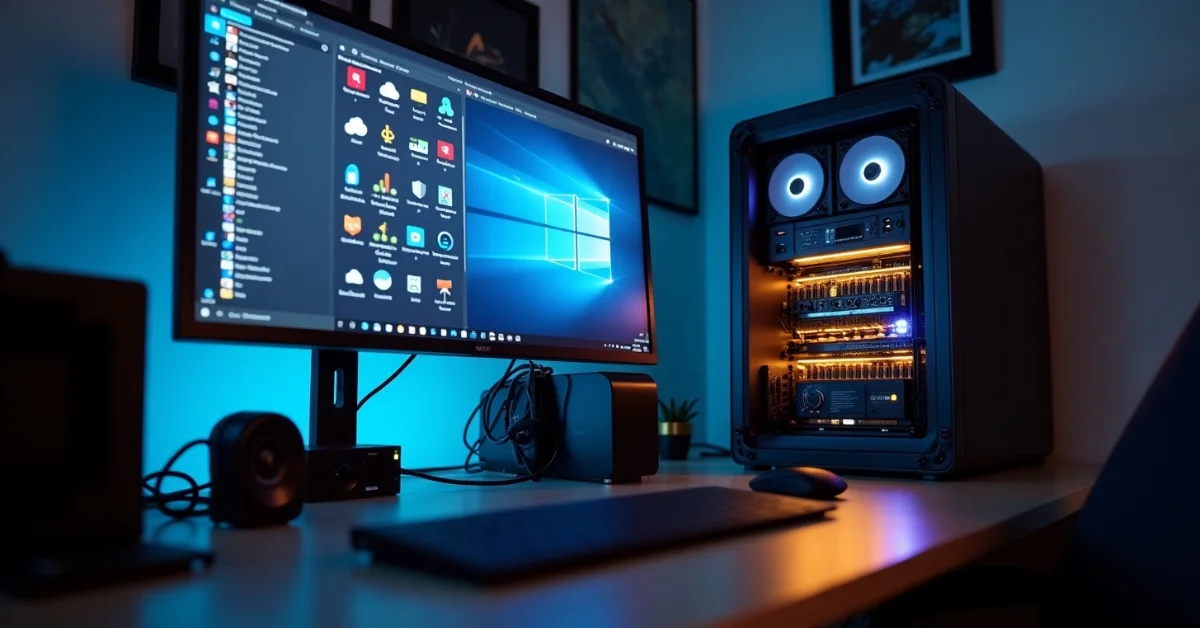In a freshly published XDA Developers article, tech journalist Ayush Pande reflects on five essential services provided by his Network-Attached Storage (NAS) setup specifically a TrueNAS Core installation on repurposed PC parts that have become indispensable to his daily setup.
Pande highlights how his NAS functions as a unified repository, streamlining file management across multiple computers. Rather than juggling external drives or cloud services, he accesses all his critical data documents, media, and archives directly from one location via Samba shares.
The NAS doubles as storage for his Network Video Recorder (NVR), handling abundant surveillance data without affecting local disks. This configuration provides sufficient storage for security footage while allowing for quick and convenient access when required.
Backing up virtual machines (VMs) and Linux containers (LXCs) is another core use case. Pande emphasizes the peace of mind this brings each VM snapshot is scheduled and stored on his NAS, reducing the risk of data loss following system failures.
He leverages his NAS to run self-hosted applications and containers ranging from personal cloud platforms and media managers to automation and documentation tools. TrueNAS’s capabilities extend his home lab’s reliability, privacy, and control.
The NAS also provides irreplaceable archival storage. Instead of cloud backups with recurring costs, Pande stores archival data like ISOs, backups, and media collections locally in RAID-protected pools, ensuring longevity without vendor lock‑in.
Pande’s experience reflects a broader trend: tech enthusiasts are reviving old hardware as self-hosted storage hubs. They’re seeking control, privacy, and cost-savings over managed cloud solutions. With open-source platforms like TrueNAS Core, scalable storage becomes both accessible and versatile perfect for both average users and tech-savvy homeowners.
Ayush Pande’s essay serves as a compelling reminder that modern NAS is more than just a backup drive it’s a foundational pillar of the home lab. With centralized storage, automated recovery, and self-hosted services, today’s NAS delivers unparalleled utility and independence. As disk capacities rise and open-source storage platforms mature, DIY NAS setups are becoming must-have infrastructure for home office and privacy-conscious users alike.



